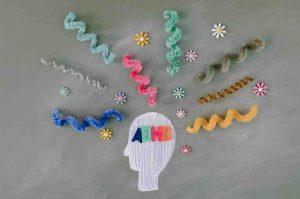
Have you ever found yourself humming a tune from your childhood, the lyrics flowing effortlessly from your lips even though you haven’t heard the song in years? This phenomenon, while seemingly magical, is rooted in intricate neurological processes. Let’s delve into the science behind why we remember song lyrics so vividly.
The Role of Emotion and Memory
- Emotional Significance: Music is a powerful emotional tool. Songs that evoke strong emotions, whether joy, sadness, or nostalgia, are more likely to be deeply encoded in our memories. This emotional connection acts as an anchor, facilitating recall.
- The Amygdala’s Influence: The amygdala, a key brain region involved in emotional processing, plays a crucial role in consolidating emotional memories. When music triggers strong emotions, the amygdala helps to solidify the memory trace, making it more resistant to forgetting.
The Power of Repetition and Practice
- Rehearsal Effect: The more we repeat a song, the stronger the neural connections associated with it become. This repetition enhances the encoding of lyrics and music, making them more accessible for retrieval.
- Implicit Memory: Many of our musical memories are stored in implicit memory, which is responsible for unconscious skills and habits. Repeatedly singing along to a song reinforces these implicit memories, making it easier to recall the lyrics without conscious effort.
The Influence of Music’s Structure
- Melody and Rhythm: The melodic structure of a song provides a framework for organizing and remembering lyrics. The rhythm and tempo of the music can also aid in recall by acting as a mnemonic device.
- Chunking: Our brains are adept at grouping information into meaningful chunks. The repetitive nature of song lyrics often allows us to chunk words together, making them easier to remember.
The ability to recall song lyrics from years ago is a testament to the power of our brains to store and retrieve information. By understanding the underlying neuroscience, we can appreciate the complex interplay of emotion, repetition, and cognitive processes that contribute to this remarkable phenomenon.


